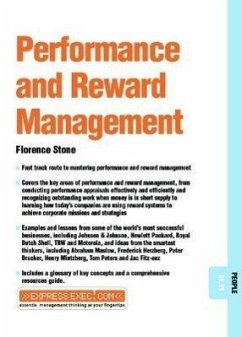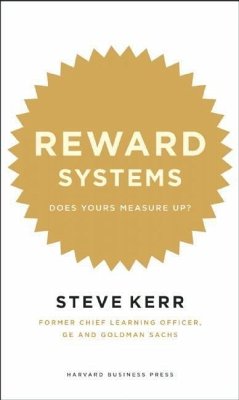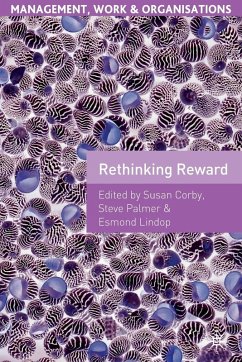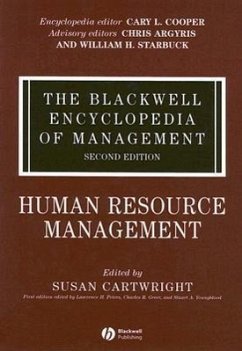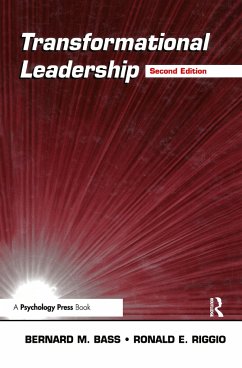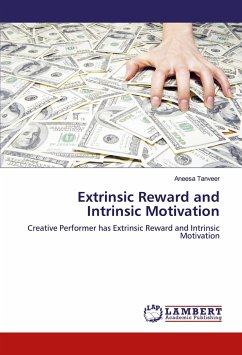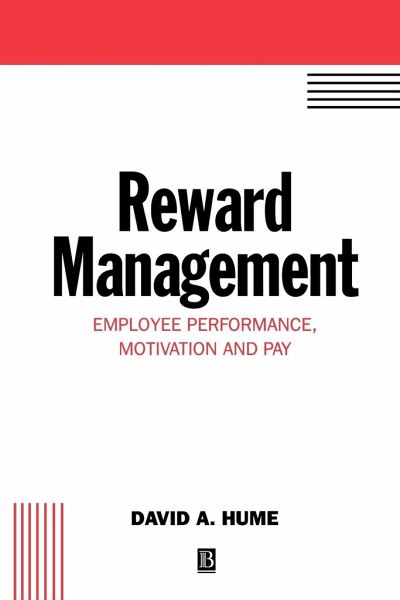
Reward Management
Versandkostenfrei!
Versandfertig in über 4 Wochen
43,99 €
inkl. MwSt.

PAYBACK Punkte
22 °P sammeln!
In order to recruit, motivate and retain an effective workforce, organizations must have an appropriate reward strategy. This practical and accessible text discusses reward management, policies and strategies and examines the key components of the total remuneration package. The author evaluates the effectiveness of various elements of the remuneration package and relates this to theories of motivation associated with the individual and organizational performance. All aspects of reward management are discussed including performance related pay, pension schemes, equal pay, payment systems, mana...
In order to recruit, motivate and retain an effective workforce, organizations must have an appropriate reward strategy. This practical and accessible text discusses reward management, policies and strategies and examines the key components of the total remuneration package. The author evaluates the effectiveness of various elements of the remuneration package and relates this to theories of motivation associated with the individual and organizational performance. All aspects of reward management are discussed including performance related pay, pension schemes, equal pay, payment systems, management of the reward management system and remuneration packages for expatriate workers. This book provides a succinct introduction to the subject for undergraduate and MBA students and those taking the IPD Reward Management course. It is also of great interest to HRM professionals devising and implementing a remuneration policy.



